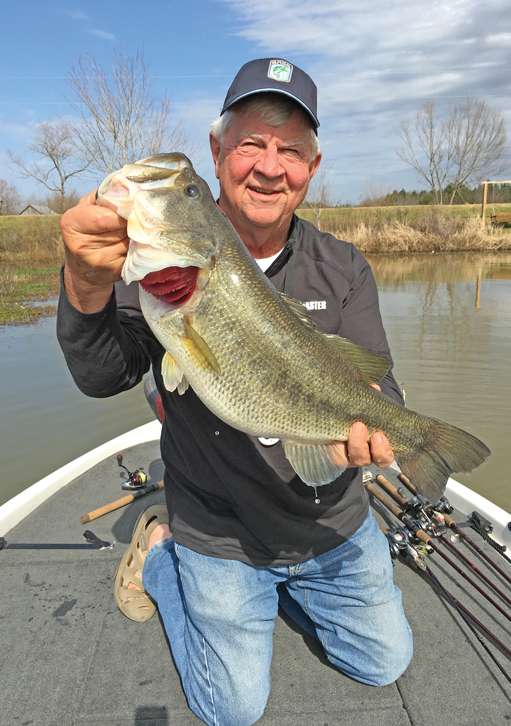
Late in 1999, two topics came up in frequent conversation: the “Y2K” problem, and what to call the decade of 2000-2009.
Some feared the global economy would crash because computer programs represented years with just the last two digits, which made 2000 indistinguishable from 1900. The scare wasn’t alleviated until after midnight on Jan. 1, 2000.
The other concern, trivial by comparison, was what to call the decade of 2000-2009. We were used to saying “eighties” and “nineties,” but “zeroes” didn’t have the same ring to it. Most settled on “the aughts,” if they referred to it at all.
The aughts marked not only the beginning of the new millennium, but they also ushered in massive changes in society. The War on Terror, social media, globalization of the economy, just to name a few.
The decade also ushered in momentous changes for B.A.S.S. and bass fishing.
I guess you can call the 2000s “The ESPN Decade.”
The media giant bought B.A.S.S. from Helen Sevier and her partners in April 2001. The transition from a family owned and operated business to part of Disney brought on corporate culture shock for both staff and fans.
It became popular soon after the sale to bash ESPN, to criticize the company for not knowing what it had bought. That was true to an extent. The drive to make bass fishing the “next NASCAR” was exciting but ill-fated. All the money in Orlando wasn’t going to make that happen.
But all in all, the 10 years ESPN owned B.A.S.S. were good for the company and, I would argue, good for the sport.
I am into my fifth set of B.A.S.S. owners, and with the advantage of hindsight, I can see that each group was the right one for the B.A.S.S. movement at that particular time.
Ray Scott, the consummate entrepreneur, was perhaps the only person on the planet at the time who could have gotten the Bass Anglers Sportsman Society off the ground.
The timing was perfect when Scott eventually sold his company to Sevier, his executive vice president. (If you don’t know much about her, see Craig Lamb’s excellent article, “B.A.S.S. Pioneer: Helen Sevier,” on Bassmaster.com.)
Sevier is the unsung heroine of our history. She preferred to be in the background, letting Scott remain in the limelight. Behind the scenes, she built B.A.S.S. membership to lofty heights. She brought nonendemic advertisers to the game. And she worked with other sportfishing leaders to build an industry infrastructure that would float everyone’s boats.
Sevier sold B.A.S.S. at just the right time to just the right buyer. What B.A.S.S. needed at the time was an infusion of cash to match angler payouts offered by the competition, and ESPN’s pockets were deep enough.
ESPN not only raised tournament stakes, but it also aired programming that exposed bass fishing to millions of people who might otherwise never have known the names of Kevin VanDam, Skeet Reese or Rick Clunn.
It invested in B.A.S.S., ensuring that its magazines, website, TV program and events remained industry leaders.
And as the decade drew to an end, ESPN President George Bodenheimer cared enough about the organization to hand it off to a new group of owners who cared as much about B.A.S.S. and bass fishing as did Scott and Sevier. For that, too, I will always be grateful for the aughts and ESPN.

